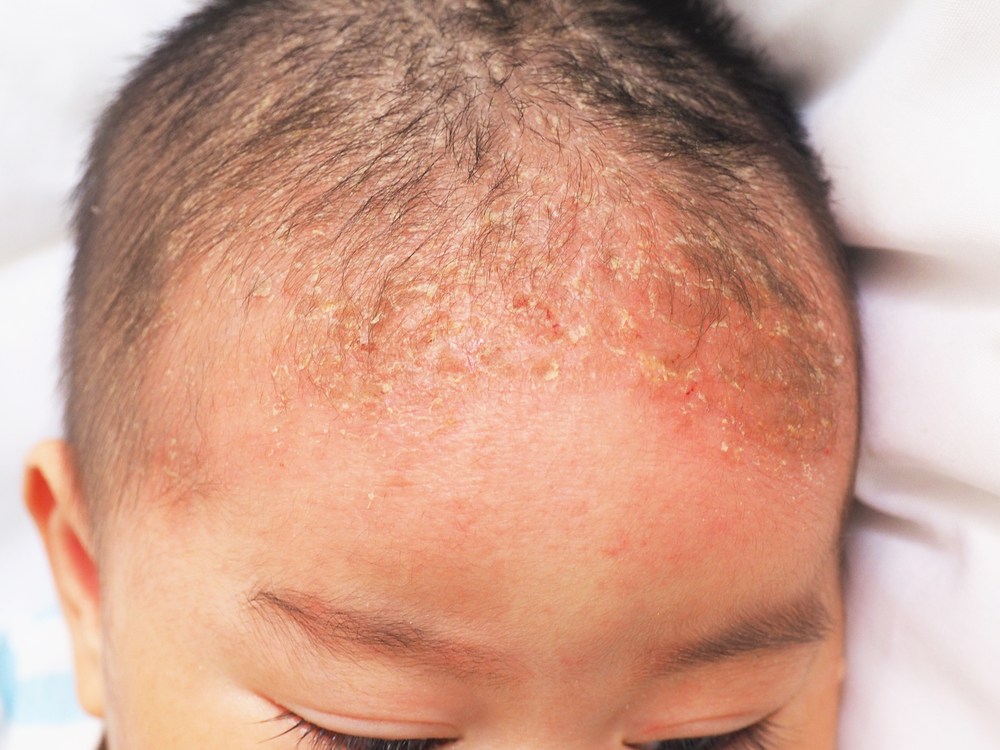Contents:
- Medical Video: Imaging Alzheimer's in the Brain
- What is Alzheimer's disease?
- What is the relationship between adequate sleep and Alzheimer's disease?
- How do you improve your lack of sleep so that you avoid Alzheimer's?
Medical Video: Imaging Alzheimer's in the Brain
Getting enough sleep is often underestimated by many people. You yourself might include people who often stay up late and sleep less. In fact, sleep turns out to provide great benefits, including those that you might never have expected before. Yes, sleep plays a significant role in reducing the risk of dementia, Alzheimer's disease, memory loss, and decreased brain function that often occurs when you enter old age.
What is Alzheimer's disease?
Alzheimer's is a degenerative disease (emergence slowly) with typical symptoms such as decreased brain function, difficulty thinking and making decisions, difficulty speaking and stringing words, and memory loss (senility). Alzheimer's is often misinterpreted as a normal natural aging process, when in fact these symptoms are diseases that can affect anyone.
Not yet known exactly what causes Alzheimer's disease. However, the strongest guess from experts so far is the buildup of beta-amyloid plaques in the brain.
What is the relationship between adequate sleep and Alzheimer's disease?
A study published in the journal Neurology states that adults who don't get enough sleep can increase their risk of Alzheimer's disease. Unfortunately, in this study it was not explained whether sleep deprivation triggered the development of the disease or even the initial symptoms of this disease which later made a person unable to sleep, or perhaps a combination of both. However, it was explained that chronic sleep disorders can be a sign of an increased risk of Alzheimer's.
This is not the first sleep-related study and Alzheimer's disease. Other studies suspect that the brain uses human moments to sleep as clocks "maintenance "or repair. If someone's sleep time is lacking, certain proteins in the brain such as amyloid and know can form and cause plaque. This plaque will later be found in the image or the results of scanning the brains of people with Alzheimer's disease.
Research from observations found that adults over the age of 65 (elderly) with amyloid plaques in their brains experience reduced short-wave sleep, which can be an important factor in memory function, although Alzheimer's symptoms such as memory loss and decreased cognitive function do not appear.
However, there are exceptions. In patients with obstructive sleep apnea (sleep apnea) or sudden stop breathing during sleep, a respiratory disorder that can be a disruptor of sleep quality and a risk factor for several other chronic diseases, does not increase the risk of Alzheimer's disease. However, according to the study, this was caused sleep apnea more rarely detected and realized by the patient itself, and only felt subjective.
How do you improve your lack of sleep so that you avoid Alzheimer's?
In another study, it was explained that exercise, especially aerobics, can improve sleep quality. Weight loss is also important, where people who are overweight can experience increased sleep disorders. If there are problems during sleep such as insomnia or frequent waking up to the restroom at night, see your doctor immediately so that your problems can be dealt with immediately.
In order to get enough sleep every day, you must be disciplined and apply a consistent schedule. So, start slowly until you can form enough sleep patterns.













